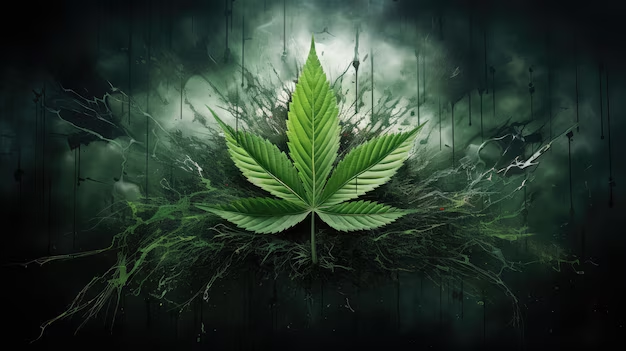Ganja Addiction Treatment: Embrace a Life Free from Dependency
Understanding Ganja Addiction
Ganja, derived from the cannabis plant, contains THC (tetrahydrocannabinol), a psychoactive compound responsible for its mind-altering effects. While some individuals use ganja recreationally or medicinally, prolonged use can lead to dependency.

Signs of Ganja Addiction
- Frequent and uncontrollable cravings for ganja.
- Difficulty reducing or stopping usage.
- Neglecting responsibilities due to ganja consumption.
- Experiencing withdrawal symptoms such as irritability, insomnia, or anxiety.
- Increasing tolerance, requiring more ganja to achieve the desired effect.
Effects of Ganja Addiction
Physical Health Effects
Mental Health Effects
- Impaired memory and concentration.
- Respiratory issues due to smoking.
- Reduced physical coordination and reflexes.
- Weakened immune system.
- Anxiety, depression, and mood swings.
- Increased risk of psychosis in predisposed individuals.
- Impaired decision-making and problem-solving skills.

Why Quit Ganja?
- Improved cognitive function and memory.
- Better respiratory health and reduced risk of lung damage.
- Enhanced emotional stability and mental health.
- Stronger relationships with family and friends.
- Better performance in academics or career.
- Financial savings and improved quality of life.
Why Choose Sanchit Nasha Mukti Kendra for Ganja Addiction Treatment?
Ganja Addiction Treatment at Sanchit Nasha Mukti Kendra
Our treatment programs are designed to address the unique challenges of ganja addiction, providing holistic care for physical, psychological, and social recovery.
Initial Assessment
Comprehensive evaluation of the individual's ganja usage patterns and health status.
Identification of underlying issues, such as stress or mental health disorders.
Detoxification
Gradual removal of cannabis from the body.
Management of withdrawal symptoms under medical supervision.
Behavioral Therapies
Cognitive Behavioral Therapy (CBT): Identifies triggers and develops strategies to manage cravings.
Motivational Enhancement Therapy (MET): Strengthens the individual’s resolve to quit ganja.
Dialectical Behavior Therapy (DBT): Teaches coping mechanisms for emotional regulation.
Counseling and Support Groups
Individual counseling sessions to address personal challenges.
Group therapy to share experiences and build a supportive community.



